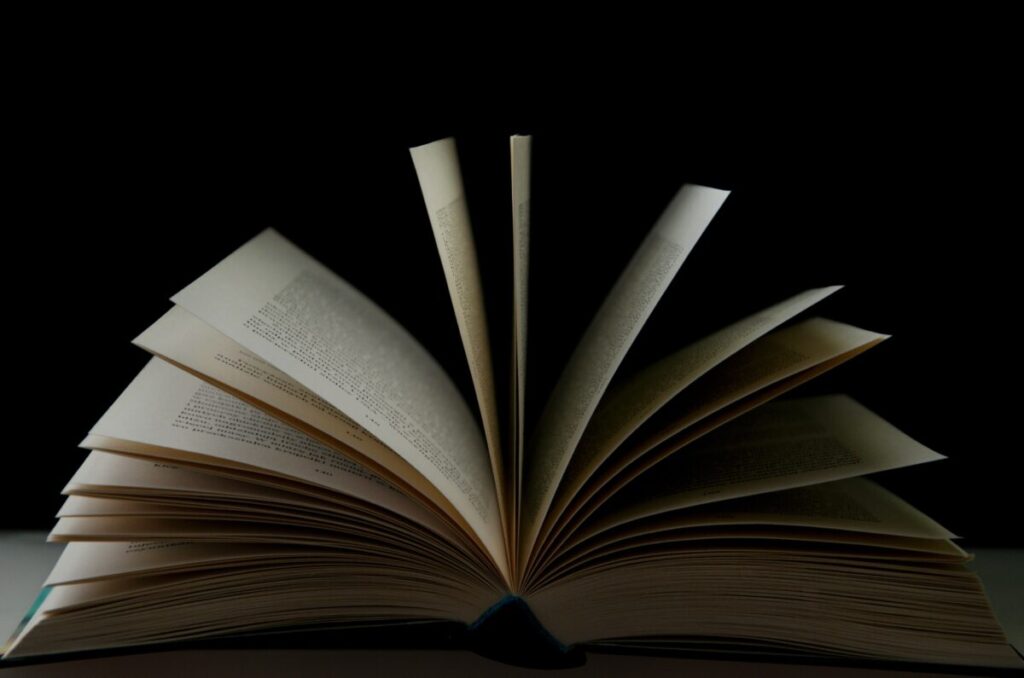PESHAWAR: While students in private schools have many options at their finger tips for academic support, students in public schools depends only on their textbooks to help them achieve good grades. However, with the shortage of textbooks in Khyber-Pakhtunkhwa (K-P) schools, many parents are left to deal with their children’s diminished academic prospects.
Imtiaz Khan, a father of four, was one such parent who talked about his difficulties setting up books for each of his three children. Due to financial difficulties, some parents are already pulling their kids out of school these days. In a situation like this, how can parents afford to purchase textbooks? “School education will continue to face disruptions until or unless the government provides free books to all the children,” Khan complained. Given the seriousness of the issue, he also revealed that some students were compelled to study from old books.
Peshawar teacher Muhammad Iqbal said that the government’s decision to cut the amount of free curricular books by 50% had put kids, parents, and teachers in a difficult situation and understood Khan’s dissatisfaction. He continued, saying that 20% of students in grades one through two and 50% of students in grades six through twelve lack books.
Media has received information that the province government cut the budget for textbooks for the current academic year from Rs11 billion to Rs8 billion because of the ongoing financial crisis. As a result, there is currently a shortage of textbooks that has affected many districts in K-P, including Chitral, Upper and Lower Dir, and Kohistan.Teachers and parents argue over the lack of textbooks nearly every other day, yet neither party can resolve the issue. Not all students may receive books in this manner, despite the fact that some are using those from previous batches, according to Tanzm-e-Asataza President Sikandar Khan.Umer Orakzai, a public policy and education specialist, clarified that the province’s already low literacy rate will be further decreased by the book scarcity. “K-P’s literacy rate is declining, according to data from the Pakistan Education Statistics, with 3.13 million students dropping out of school in 2017 and 3.63 million dropping out five years later in 2022. Additionally, the 50% cut.
“Not receiving free books from the K-P administration might have a big effect on kids. It might make it more difficult for them to study efficiently, restrict their access to educational materials, and contribute to the educational divide between those who can afford books and those who cannot. According to child rights activist Imran Takkar, “without access to textbooks, students may find it difficult to keep up with their studies, which can lead to lower academic performance and reduced educational attainment, all of which can heighten socio-economic inequalities and hinder the overall development of the affected children and communities.”
The government is required by Article 25A of the Constitution to give all children between the ages of five and sixteen free education. Advocate Fawad Afzal seconded the statement, pointing out that while textbooks for students in grades one through twelve were previously free, only 50% of the deserving pupils are currently given course materials. Afzal had brought up this issue in a writ petition that was filed with the Peshawar High Court.
